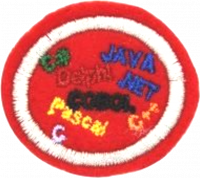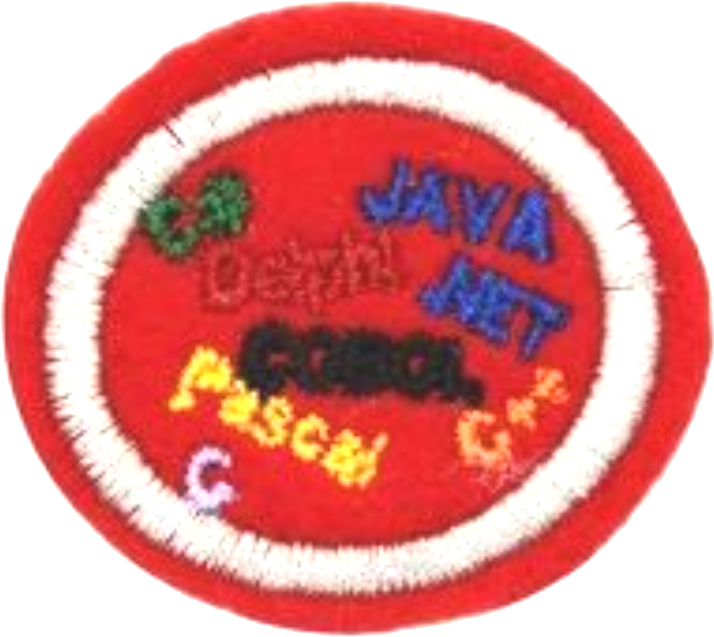Difference between revisions of "AY Honors/Computer Programming/Requirements/en"
From Pathfinder Wiki
< AY Honors | Computer ProgrammingAY Honors/Computer Programming/Requirements/en
(Updating to match new version of source page) |
(Updating to match new version of source page) |
||
| Line 131: | Line 131: | ||
<noinclude></noinclude><section end=req5bxviii /></b> | <noinclude></noinclude><section end=req5bxviii /></b> | ||
<section end=Body /> | <section end=Body /> | ||
| − | |||
| − | |||
| − | |||
| − | |||
Latest revision as of 21:42, 20 July 2022
Computer Programming
Skill Level
3
Year
2012
Version
18.12.2025
Approval authority
South American Division
1. Submit a report of at least two pages on the history of programming languages.
2. Define Logic programming.
3. Choose a programming language to develop a system and describe the origin of this language.
4. Present to the instructor:
- a. A project of a management system of a Pathfinder Club that has integrated:
- i. Log of units, honors, classes, and Pathfinders
- ii. Control of monthly dues
- iii. Cash control
- iv. Control of expenses
- v. Control of assets
- vi. Record control
- vii. Event control
- viii. Permission slip report
- ix. Cash flow report
- x. Assets report
- xi. Minutes and events book report
- xii. Monthly dues report
- xiii. Units, classes, honors, and Pathfinder report
- b. A computer system with the modules mentioned.
- c. The source code of the modules mentioned.
- d. Instructions for using the system.
5. Complete one of the following points:
- a. Have a certificate of completing a course in which you learned programming language.
- b. Define and conceptualize the following topics:
- i. Source code
- ii. Machine code
- iii. Compilers
- iv. Interpreters
- v. Linear programming
- vi. Modular programming
- vii. Structured programming
- viii. Object-oriented programming
- ix. Structured type
- x. High-level programming
- xi. Medium-level programming
- xii. Low-level programming
- xiii. How many language generations exist and what are they?
- xiv. Compiled language
- xv. Script language
- xvi. Interpreted language
- xvii. Programming paradigm
- xviii. Syntax of programming languages



